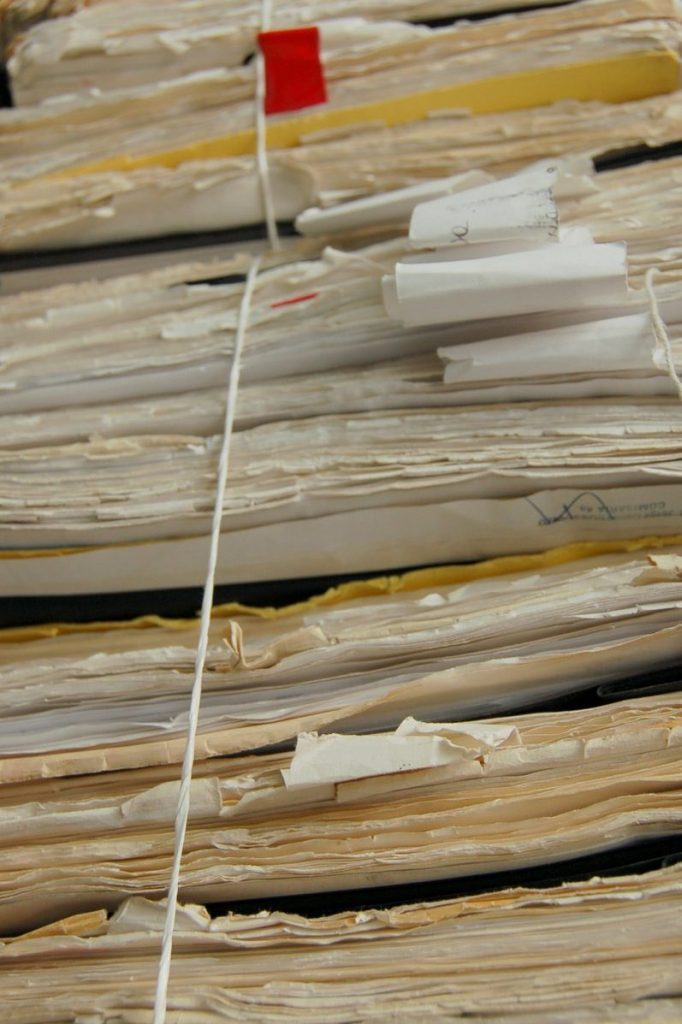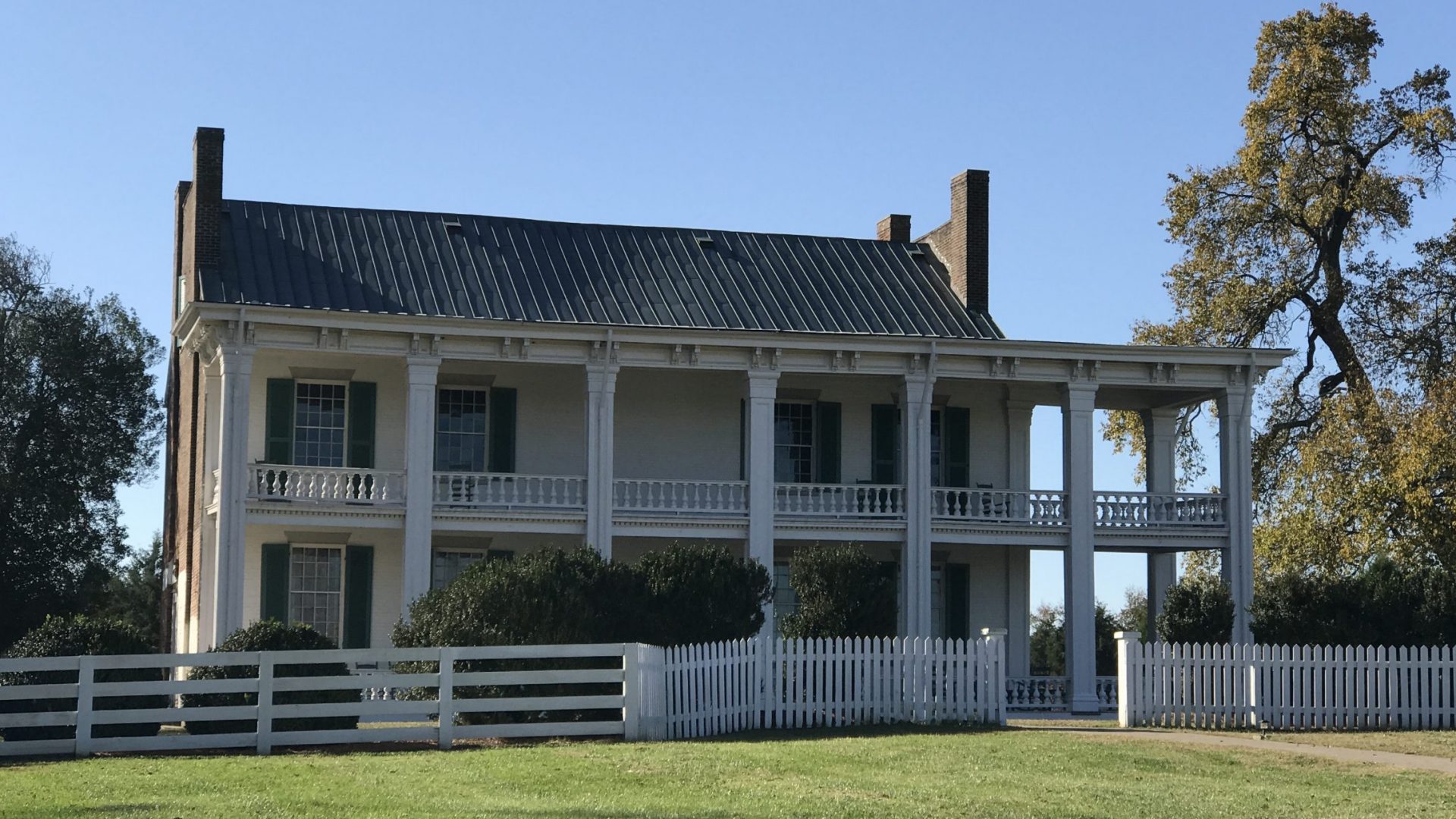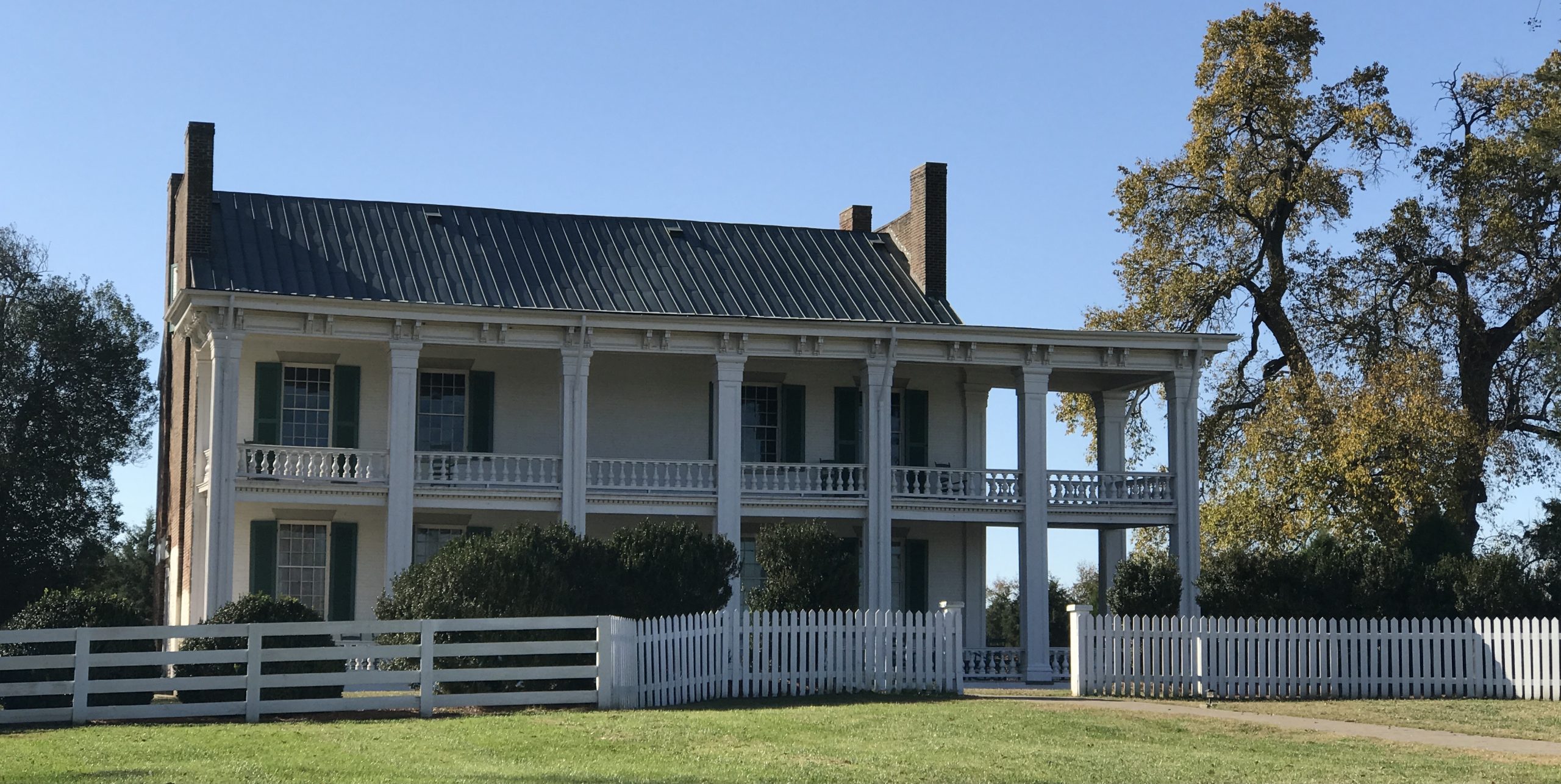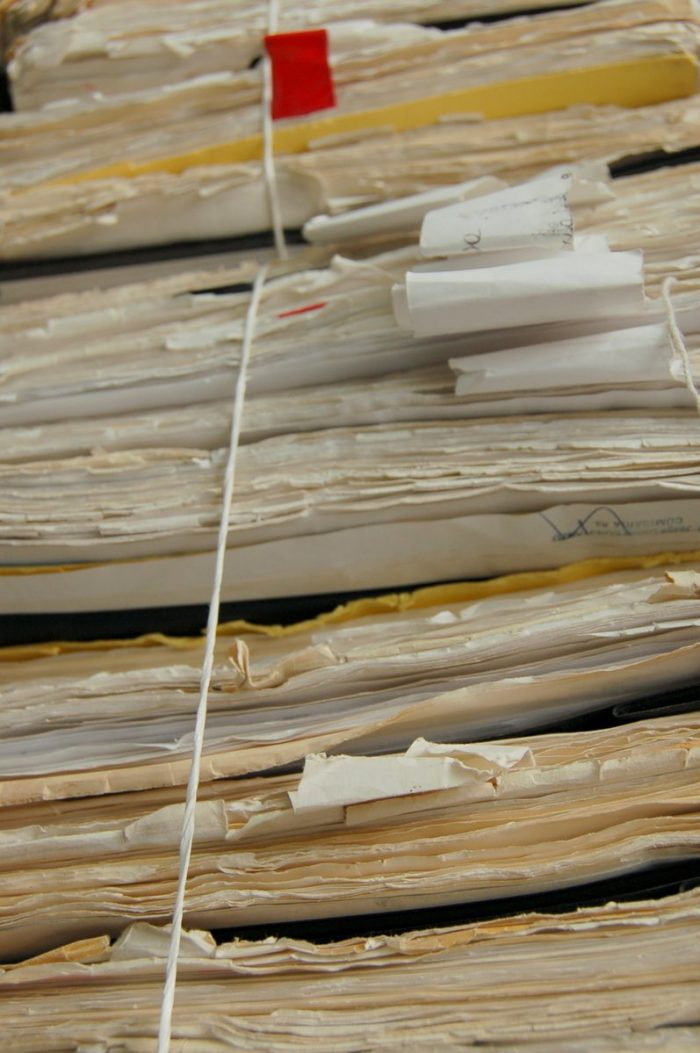Yesterday I shared a few ideas to begin your research on your Civil War ancestor. I have a couple more tips I thought might help you.
Now that you’ve gathered some names of potential Civil War veterans, you’ll want to find which regiment they served with and their enlistment dates. Make your first research stop the 1860 US Federal Census. There you’ll find the location of ancestors in 1860. Knowing where they lived gives you the opportunity to research regiments raised in that area. With the war starting just months after the census was taken chances are your ancestor joined a regiment from the area in which he lived.
Make sure you take a look at the National Park System’s Civil War Soldiers and Sailors free online database. You can find it at https://www.nps.gov/civilwar/soldiers-and-sailors-database.htm
Also check the standard online databases like FamilySearch, Ancestry, Find My Past, My Heritage, Fold3, etc. Remember, if you don’t have a subscription check your local library or Family History Center. They provide limited versions of some of these online resources to patrons free of charge either at their physical location or online.
Another point on your research checklist should be the Special Enumeration of Union Veterans and Widows. This is also known as the 1890 Veterans Schedule. This additional portion of the 1890 United States Federal census was not entirely destroyed in the fire of 1921. When an enumerator spoke with the family during the 1890 census he would pull out an additional form asking if anyone in the household was a veteran or widow of a veteran. Not only was regiment and company documented so was enlistment dates and rank. If the enumerator was thorough a section at the bottom of each page contained notes pertaining to each individual veteran documented. Things like: deaf in left ear from artillery, chronic diarrhea or even piles was noted in this special section. What a resource for those ancestors counted in the census.

The very best resource for finding military and personal information about your Civil War veteran is through a Civil War pension. You can find out if your veteran has a pension file by checking the United States Civil War and Later Pension Index 1861-1917. This index can be found on FamilySearch, Ancestry, Find My Past, My Heritage, Fold3, etc. If there is a pension index card, there is a pension file. Some pension files are digitized and can be found on Fold3. If your soldier’s file is not on Fold3 go to the US National Archives and Records Administration (NARA) where these files are kept. Their website is https://www.archives.gov
Pension files are jam packed with valuable family history. The Civil War veteran or family member that filed for a pension had to provide extensive proof of his service to be granted a pension. Those files are filled with an enormous cache of genealogy information. You can find an assortment of genealogy material from proof of marriage, children’s births, letters from family and friends, depositions from fellow soldiers verifying service to doctors exams and documentation of injuries. The occasional file even includes a photo of the veteran. It’s certainly worth the price to order a pension file from the National Archives.
Up to this point all resources for research applies to both your Union and Confederate Civil War ancestors. Pension files are one place your research will differ. Confederate soldiers did not receive a pension from the United States government. Confederate pensions were given to veterans by the individual southern states where the soldiers served. The National Archives has a list on their website for each southern state’s archives. [http://www.archives.gov/research/alic/reference/state-archives.html] You’ll find addresses, phone numbers, and the state’s website so you can continue the search for your Confederate ancestor’s pension file.
Following these research tips will get you well on your way to researching or continuing your research of your Civil War ancestor. It’s basic research work but you’re laying a strong foundation. As you continue to find more about your Civil War ancestor and his service you’ll be rewarded with putting together the puzzle pieces of your veteran ancestor’s life and the valuable part he played in our country’s history.
Good luck in your search.


